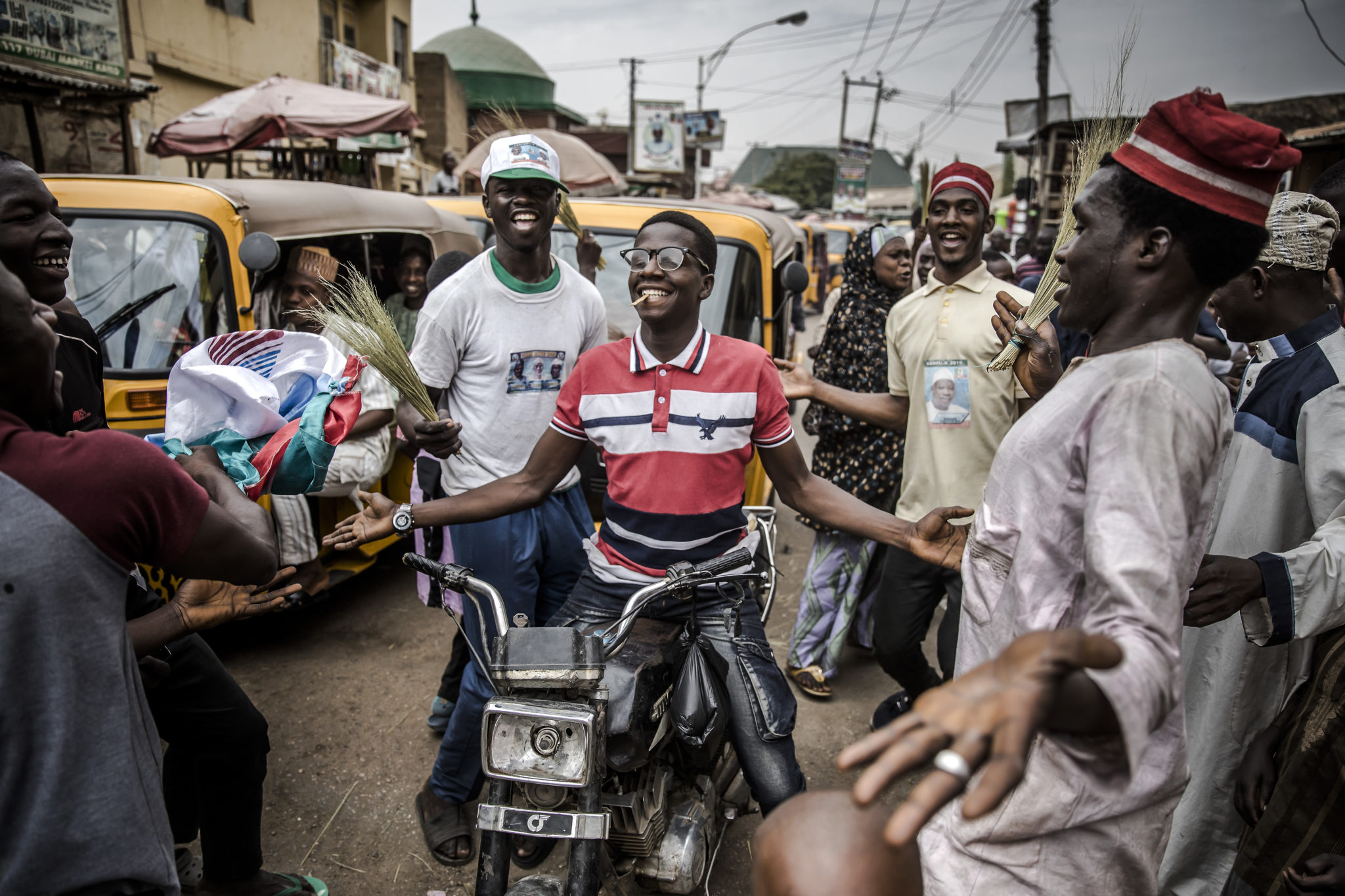On the cards this year? More polls, power struggles and ambitious projects.
Whichever way one looks at it, 2019 promises Africa a spot in the limelight like no other.
A record 22 countries, almost half of the continent, will be asking their citizens for fresh mandates to rule democratically, according to the Electoral Institute for Sustainable Democracy in Africa.
By any measure, it’s a big number of politicians submitting themselves to the will of the people, especially given Africa’s past struggles with coups and the rule of law.
Whether those polls are conducted freely and fairly is the next stage in the continent’s drive to improve governance. The Democratic Republic of the Congo, Africa’s largest country, started the year rolling with a disputed election that may yet see an historic transfer of power from one civilian administration to another.
READ MORE | The Claim That Democracy Fares Better in the West Than in Africa Is a Fallacy
It’s a step seen in only a handful of African countries since independence in the 1960s, with the likes of Ghana, Kenya and Nigeria, among others, managing the feat as leaders clung to power by all means necessary including vote-rigging, outright violence against political opponents and coups.
The continent’s largest economies, Nigeria and South Africa, will be among the first to kick-start the process with Nigerians getting the chance to hand President Muhammadu Buhari another term or hand power to Atiku Abubakar, a former vice president who was part of Buhari’s alliance when he first ran in 2015.
In South Africa, expectations are President Cyril Ramaphosa’s African National Congress will be returned to power with a bigger mandate.
Elsewhere around the continent, votes are expected in countries ranging from Chad to Somaliland but the chances of opposition victories remain few and far between even as the continent battles a host of problems from sub-par economic growth to growing indebtedness, particularly to China.
The World Bank estimates Africa’s economy will grow by 3.6% this year, but that growth rate masks huge disparities between nations and is only slightly ahead of its population growth rate of just above 2.5% per annum, the fastest in the world.
In the meantime, many of its economies are sinking further into debt, just a few years after debt relief that spurred some of the fastest growth the continent had seen in years.
A 2018 World Bank list of the most indebted countries has South Africa’s 55 million people carrying $792 billion of foreign and local debt, followed by Sudan at $528 billion and Egypt with $299 billion.
But it is the growing debt of some of Africa’s poorest countries that is beginning to raise concern again. The Overseas Development Institute last year warned that 40% of sub-Saharan African countries were in danger of slipping into a debt crisis, adding to warnings by the International Monetary Fund.
Analysis shows that a fifth of the external debt is held by China, with another 35% held by multilateral organizations like the World Bank and another 32% held by private investors. And some of those countries may begin struggling to pay those loans, according to analysts.
So while there is much to look forward to in 2019, Africa collectively has lots to do. One ray of hope, is coming from an unlikely source, the Africa Union (AU). For years, the successor of the Organization of African Unity has largely remained a political talk-shop, attended mostly by politicians.
But the last few years have seen change, with economics beginning to become an integral part of its conversations, culminating in the launch of the African Continental Free Trade Area last year, an ambitious plan tying up the continent from the Cape to Cairo.
Building on to that project, was the African Import-Export Bank, which collaborated with the AU to organize the Intra-African Trade Fair, the first continent-wide marketplace for goods and services which attracted 42 countries to Cairo, saw some 1,100 exhibitors and more than $33 billion in deals concluded.
If that’s a harbinger of continental resolve to work together, Africa may yet be the place to be in 2019.
Education Quality and the Youth Skills Gap Are Marring Progress in Africa
-Godfrey Mutizwa
